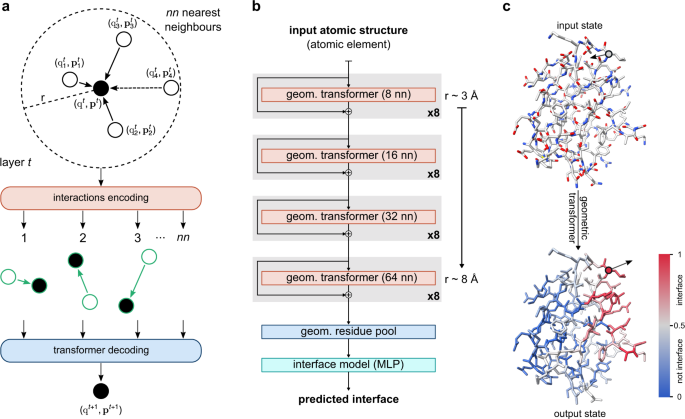2023-05-10 カロリンスカ研究所(KI)
◆研究チームは、フローサイトメトリーとシングルセル技術を用いて、IBDの子ども25人と大人8人、およびIBDでない子ども10人と大人8人の大腸から採取した免疫細胞を分析しました。その結果、炎症は、炎症を引き起こす攻撃的な細胞だけでなく、健康な腸を維持するための細胞の機能低下にも関連していることがわかりました。
<関連情報>
- https://news.ki.se/researchers-map-the-immunology-of-the-gut-in-children-with-ibd
- https://www.cell.com/cell-reports-medicine/fulltext/S2666-3791(23)00152-0
小児の炎症性腸疾患における自然リンパ球と適応性リンパ球の単一細胞転写ランドスケープ The single-cell transcriptional landscape of innate and adaptive lymphocytes in pediatric-onset colitis
Efthymia Kokkinou,Tea Soini,Ram Vinay Pandey,Aline van Acker,Jakob Theorell,Paulo Czarnewski,Egle Kvedaraite,Niels Vandamme,Magda Lourda,Chiara Sorini,Whitney Weigel,Anna Carrasco,Christopher Andrew Tibbitt,Heinrich Schlums,Ulrik Lindforss,Caroline Nordenvall,Malin Ljunggren,Maja Ideström,Mattias Svensson,Jan-Inge Henter,Eduardo J. Villablanca,Yenan T. Bryceson,Helena Rolandsdotter,Jenny Mjösberg
Cell Reports Medicine Published:May 08, 2023
DOI:https://doi.org/10.1016/j.xcrm.2023.101038

Highlights
•Innate lymphoid cell (ILC) balance is altered in pediatric IBD (pIBD)
•Colonic ILCs and T cells have shared and unique transcriptional programs
•PIBD inflammation is characterized by transcriptional changes in both ILCs and T cells
Summary
Innate lymphoid cells (ILCs) are considered innate counterparts of adaptive T cells; however, their common and unique transcriptional signatures in pediatric inflammatory bowel disease (pIBD) are largely unknown. Here, we report a dysregulated colonic ILC composition in pIBD colitis that correlates with inflammatory activity, including accumulation of naive-like CD45RA+CD62L– ILCs. Weighted gene co-expression network analysis (WGCNA) reveals modules of genes that are shared or unique across innate and adaptive lymphocytes. Shared modules include genes associated with activation/tissue residency, naivety/quiescence, and antigen presentation. Lastly, nearest-neighbor-based analysis facilitates the identification of “most inflamed” and “least inflamed” lymphocytes in pIBD colon with unique transcriptional signatures. Our study reveals shared and unique transcriptional signatures of colonic ILCs and T cells in pIBD. We also provide insight into the transcriptional regulation of colonic inflammation, deepening our understanding of the potential mechanisms involved in pIBD.


